Research
- Home
- Research
Research
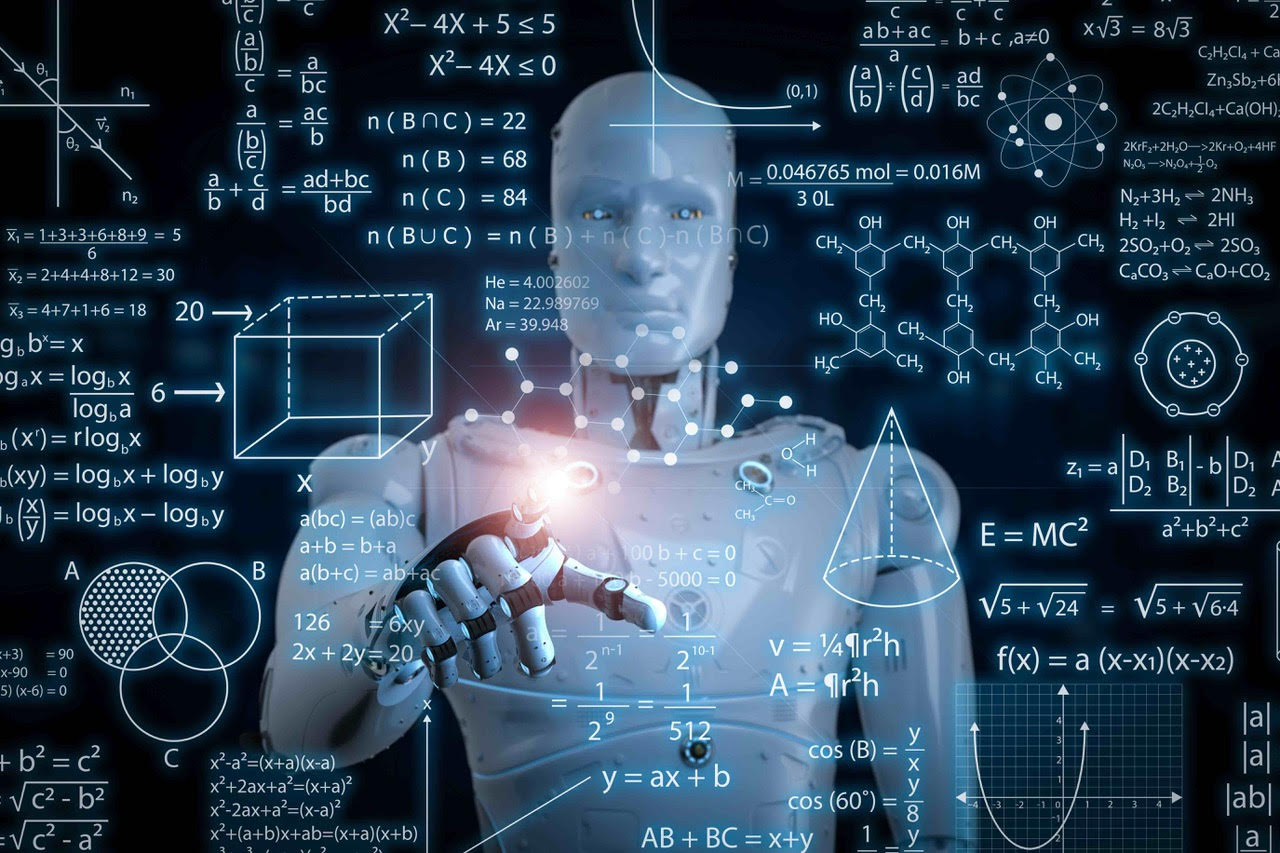 Multi-agent Systems – Multi-agent Systems Decentralized control of multi-agent systems has attracted considerable attention, especially with the availability of low cost and powerful computing hardware. Control of these systems is fundamentally different from the single agent case. As the number of agents in a system increases, the computational power required in a centralized controller grows exponentially. A feasible …
Multi-agent Systems – Multi-agent Systems Decentralized control of multi-agent systems has attracted considerable attention, especially with the availability of low cost and powerful computing hardware. Control of these systems is fundamentally different from the single agent case. As the number of agents in a system increases, the computational power required in a centralized controller grows exponentially. A feasible …
Continue reading Multi-agent Systems Decentralized Stochastic Control and Learning – Decentralized Stochastic Control And Learning Modern engineering systems are increasingly complex and comprise of many interdependent dynamic parts. This can enable the development of a novel framework to process large amounts of data and deliver real-time control actions that maximize associated benefits. However, as we move to increasingly complex systems, we need to develop new …
Decentralized Stochastic Control and Learning – Decentralized Stochastic Control And Learning Modern engineering systems are increasingly complex and comprise of many interdependent dynamic parts. This can enable the development of a novel framework to process large amounts of data and deliver real-time control actions that maximize associated benefits. However, as we move to increasingly complex systems, we need to develop new …
Continue reading Decentralized Stochastic Control and Learning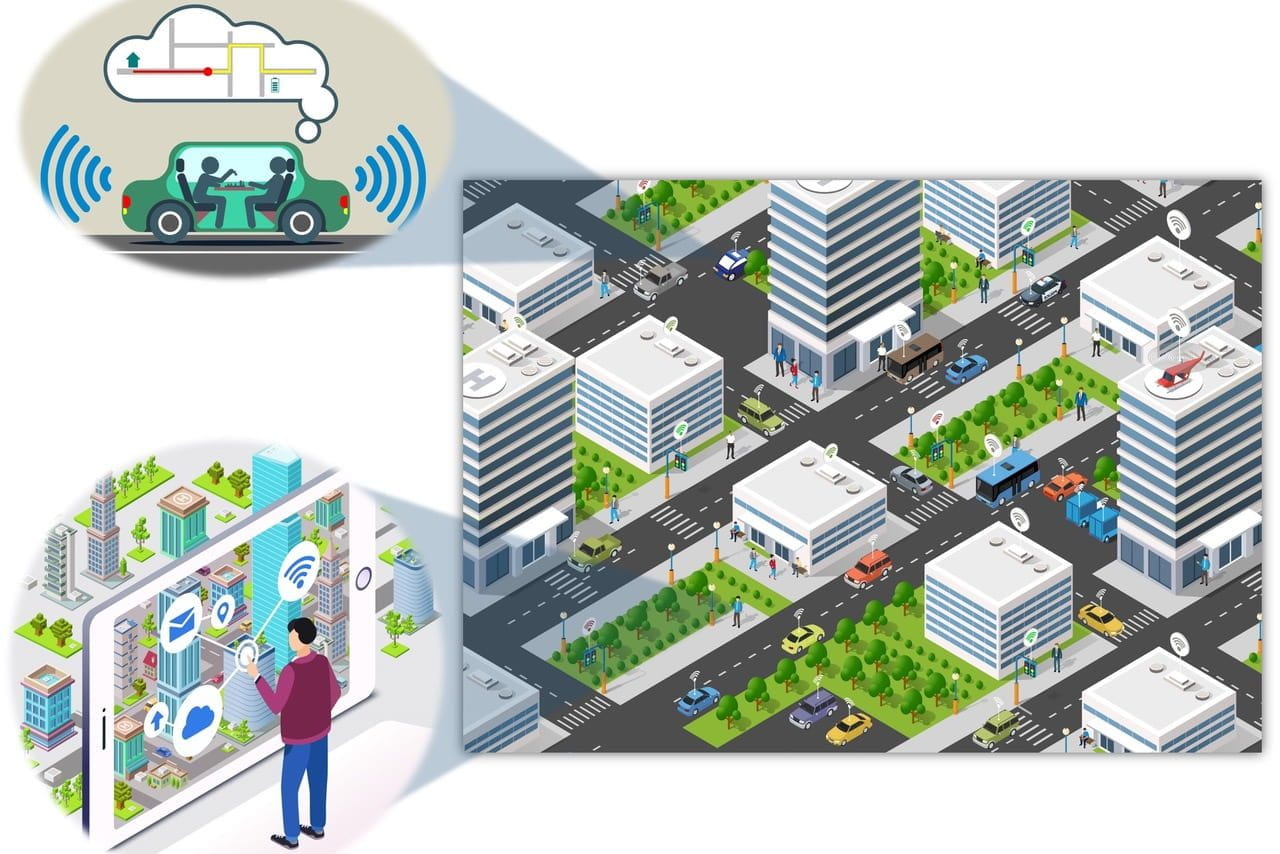 Connected and Automated Vehicles (CAVs) – Connected and Automated Vehicles (CAVs) Connected and automated vehicles (CAVs) provide the most intriguing opportunity for enabling users (including individual vehicles and traffic control centers) to better monitor transportation network conditions and make better operating decisions to improve safety and reduce pollution, energy consumption, and travel delays. Many stakeholders intuitively see the benefits of multiscale …
Connected and Automated Vehicles (CAVs) – Connected and Automated Vehicles (CAVs) Connected and automated vehicles (CAVs) provide the most intriguing opportunity for enabling users (including individual vehicles and traffic control centers) to better monitor transportation network conditions and make better operating decisions to improve safety and reduce pollution, energy consumption, and travel delays. Many stakeholders intuitively see the benefits of multiscale …
Continue reading Connected and Automated Vehicles (CAVs) Sociotechnical Systems Approach to Smart Cities – Sociotechnical Systems Approach to Smart Cities Addressing our pressing challenges related to the increasing demand for energy, we must make fundamental transformations in how societies use and access transportation. The purpose of a transportation system is not mobility but rather accessibility to goods, services, and activities. Mobility is only an unintended outcome of our accessibility …
Sociotechnical Systems Approach to Smart Cities – Sociotechnical Systems Approach to Smart Cities Addressing our pressing challenges related to the increasing demand for energy, we must make fundamental transformations in how societies use and access transportation. The purpose of a transportation system is not mobility but rather accessibility to goods, services, and activities. Mobility is only an unintended outcome of our accessibility …
Continue reading Sociotechnical Systems Approach to Smart Cities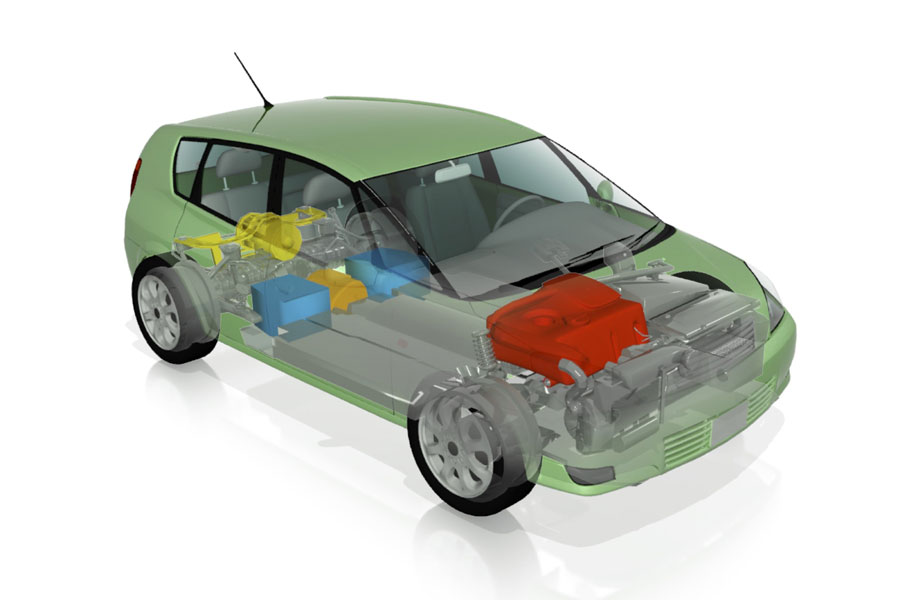 Hybrid Electric Vehicles (HEVs) and Plug-In HEVs (PHEVs) – Hybrid Electric Vehicles (HEVs) and Plug-In HEVs (PHEVs) Hybrid electric vehicles (HEVs) and plug-in HEVs (PHEVs) have attracted considerable attention due to their potential ability to reduce petroleum consumption and greenhouse gas (GHG) emissions. This capability is mainly attributed to the following: 1) the potential for downsizing the engine; 2) the capability of recovering energy …
Hybrid Electric Vehicles (HEVs) and Plug-In HEVs (PHEVs) – Hybrid Electric Vehicles (HEVs) and Plug-In HEVs (PHEVs) Hybrid electric vehicles (HEVs) and plug-in HEVs (PHEVs) have attracted considerable attention due to their potential ability to reduce petroleum consumption and greenhouse gas (GHG) emissions. This capability is mainly attributed to the following: 1) the potential for downsizing the engine; 2) the capability of recovering energy …
Continue reading Hybrid Electric Vehicles (HEVs) and Plug-In HEVs (PHEVs)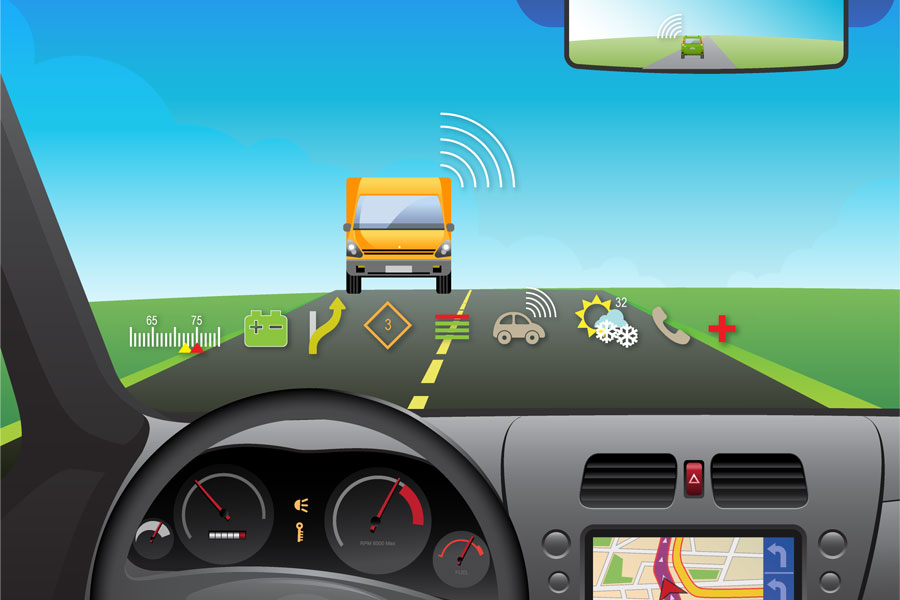 Driver Information Systems – Driver Information Systems Driver feedback systems have the potential to improve driving safety and efficiency by providing instructions to drivers aimed at improving their driving style. There is already a rich body of available literature devoted to the derivation of energy efficient speed profiles to develop driver feedback or eco-driving systems. While most of them …
Driver Information Systems – Driver Information Systems Driver feedback systems have the potential to improve driving safety and efficiency by providing instructions to drivers aimed at improving their driving style. There is already a rich body of available literature devoted to the derivation of energy efficient speed profiles to develop driver feedback or eco-driving systems. While most of them …
Continue reading Driver Information Systems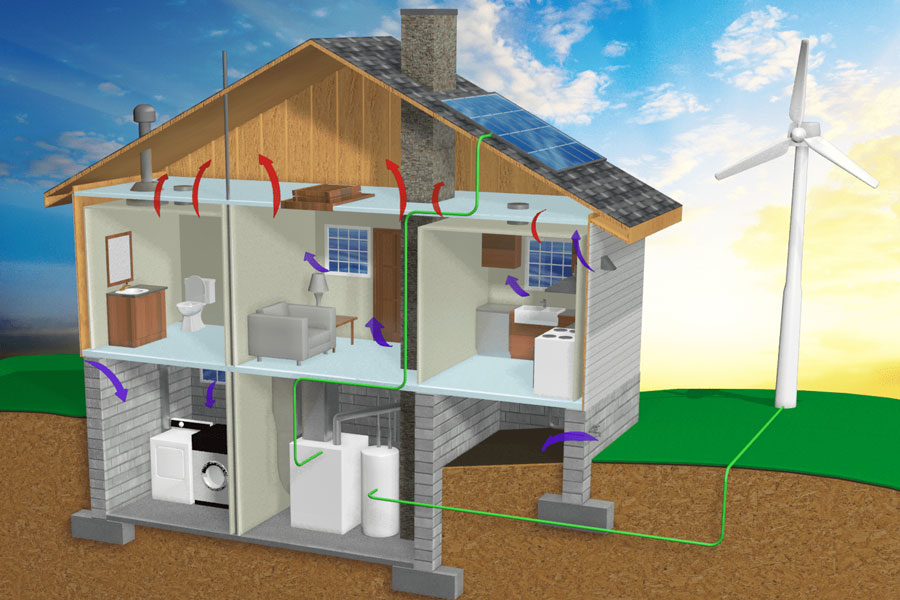 Sustainable Buildings – Sustainable Buildings Complex systems are encountered in many applications including sustainable transportation, power grids, fusion and other alternative energy strategies, and biological systems. Addressing many of our most pressing challenges, related to the increasing demand for energy and transportation, requires the use of scalable data and informatics towards enhancing our understanding of complex systems. As …
Sustainable Buildings – Sustainable Buildings Complex systems are encountered in many applications including sustainable transportation, power grids, fusion and other alternative energy strategies, and biological systems. Addressing many of our most pressing challenges, related to the increasing demand for energy and transportation, requires the use of scalable data and informatics towards enhancing our understanding of complex systems. As …
Continue reading Sustainable Buildings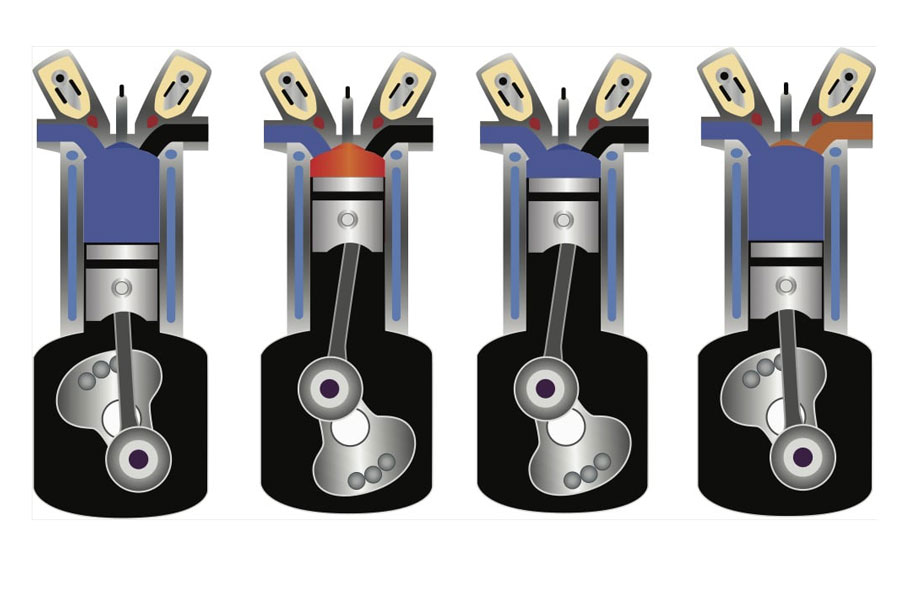 Self-Learning Control of Advanced Powertrain Systems – Self-Learning Control Of Advanced Powertrain Systems Increasing demand for improving fuel economy and reducing emissions without sacrificing performance have induced significant research and investment in advanced internal combustion engine technologies. These technologies, such as fuel injection systems, variable geometry turbocharging, variable valve actuation, and exhaust gas recirculation, have introduced a number of engine variables that …
Self-Learning Control of Advanced Powertrain Systems – Self-Learning Control Of Advanced Powertrain Systems Increasing demand for improving fuel economy and reducing emissions without sacrificing performance have induced significant research and investment in advanced internal combustion engine technologies. These technologies, such as fuel injection systems, variable geometry turbocharging, variable valve actuation, and exhaust gas recirculation, have introduced a number of engine variables that …
Continue reading Self-Learning Control of Advanced Powertrain Systems
